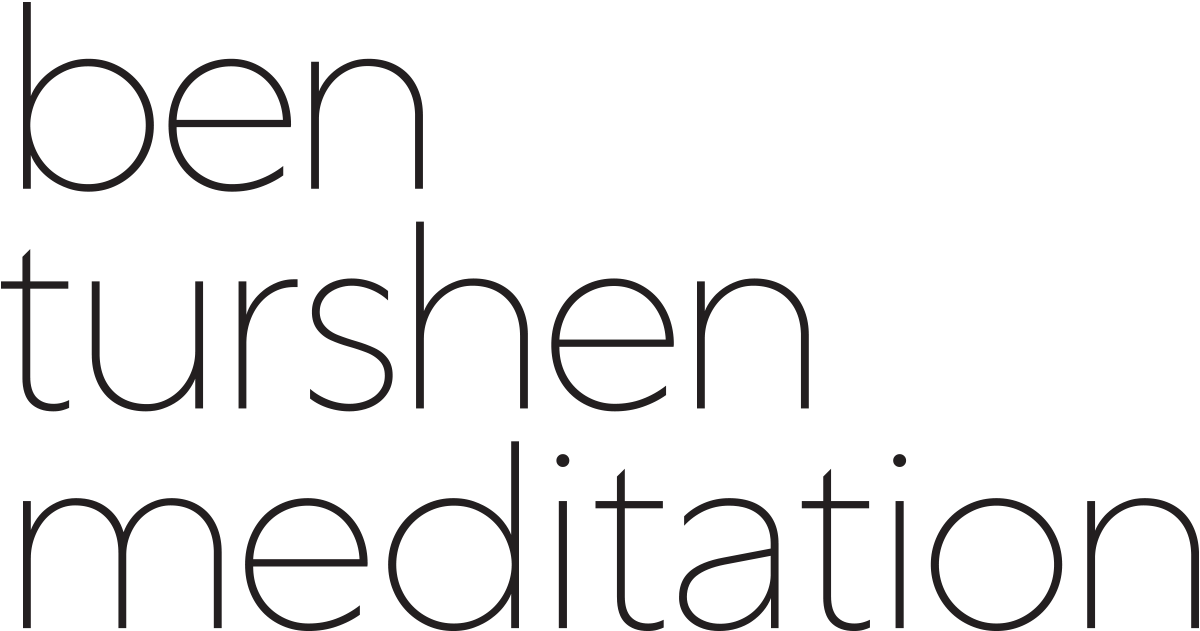By Ben Turshen.
When we were kids in school we learned about pulleys and levers in our science and math classes. With amazement, we found that by utilizing these tools we could move heavy objects with significantly less effort.
These natural laws apply to Vedic Meditation as well--to the technique itself and its effects. By doing less, we accomplish more. By doing least, we accomplish most.
Vedic Meditation is easy and effortless. For thousands of years in India, this form of meditation was referred to in Sanskrit as "Nishkam Karma Yoga", which translates to yoga or union attained by action hardly taken. The technique does not involve any focus or concentration, nor does it involve paying attention to, or monitoring, thoughts or activity, as is the case in some other types of mediation, such as mindfullness. With Vedic Meditation, our mind de-excites and body rests deeply (much deeper than the rest experienced in sleep), unwinding decades of accumulated stress and fatigue.
We start sleeping better and feeling rested, we get sick less, we become more focused and productive at work, our relationships improve as notice ourselves being more patient and attentive.
Vedic Meditation gives you leverage. When we practice this technique, we find that we can move the "heavy objects" in our lives with less effort.
